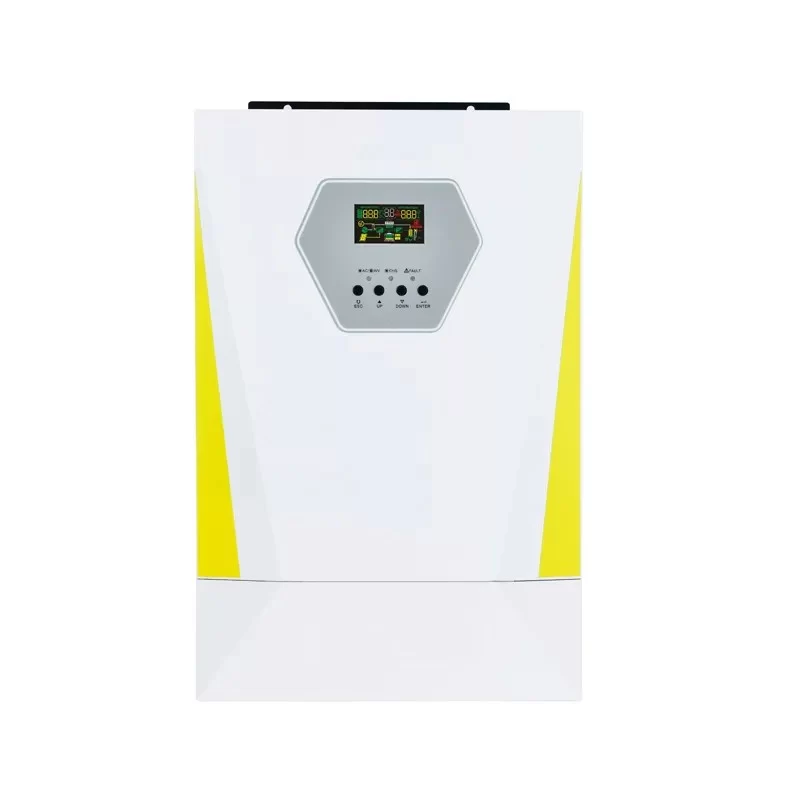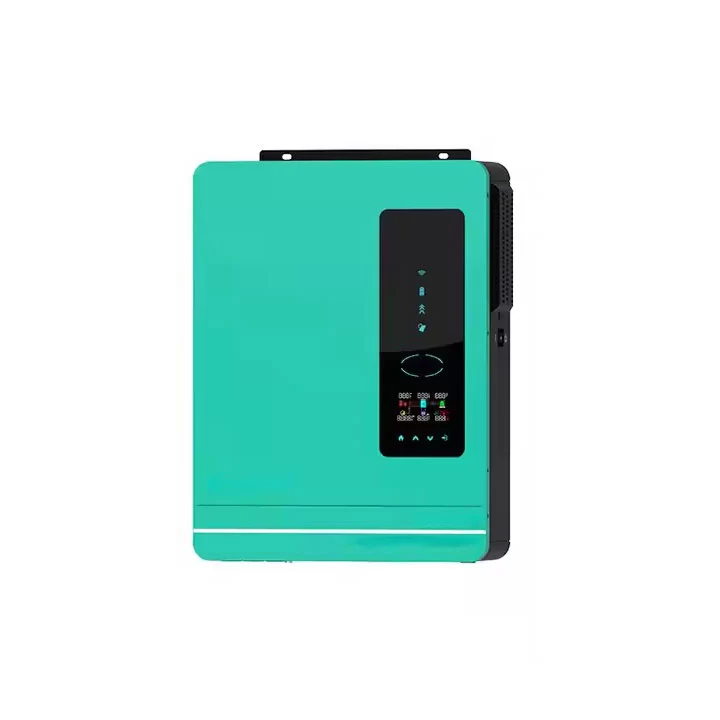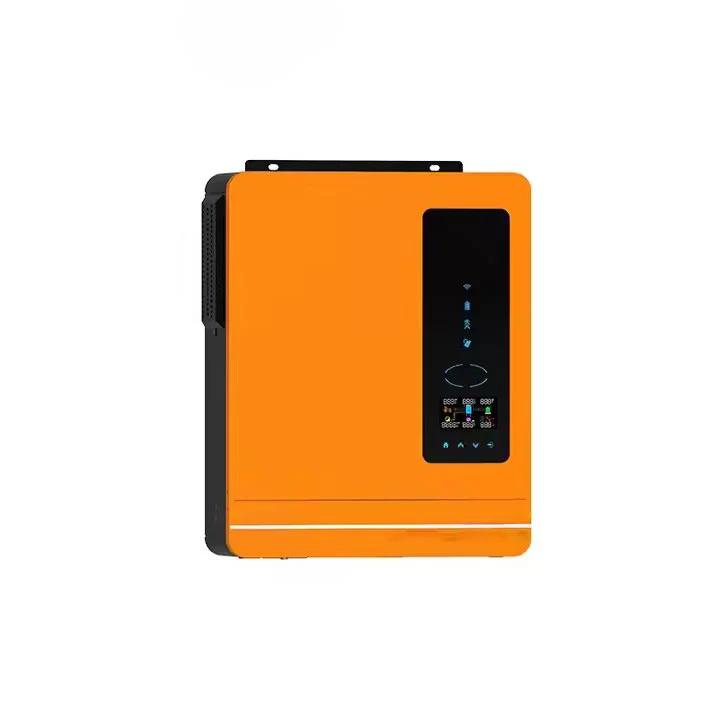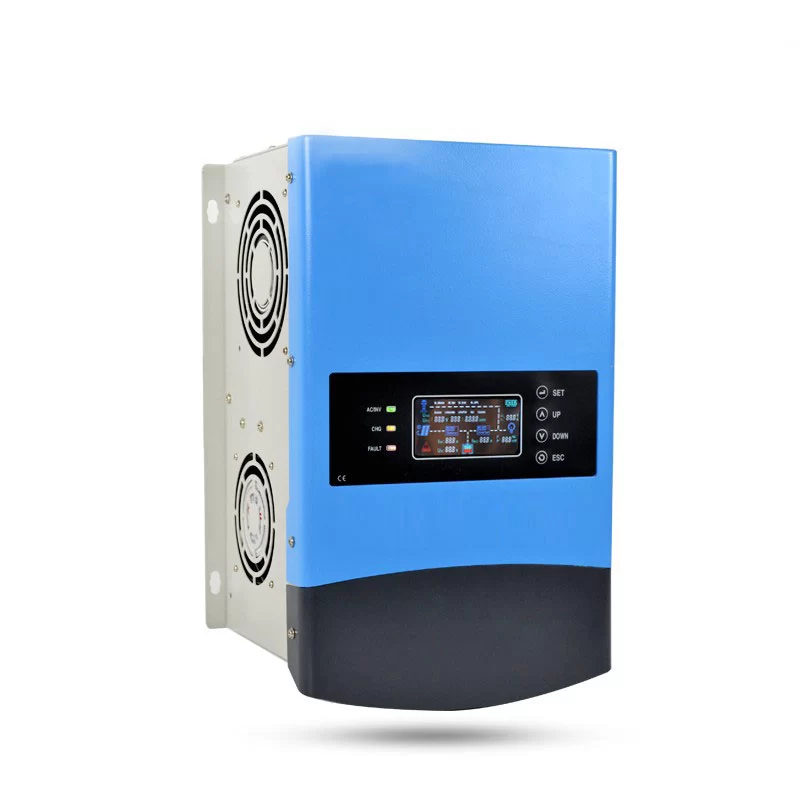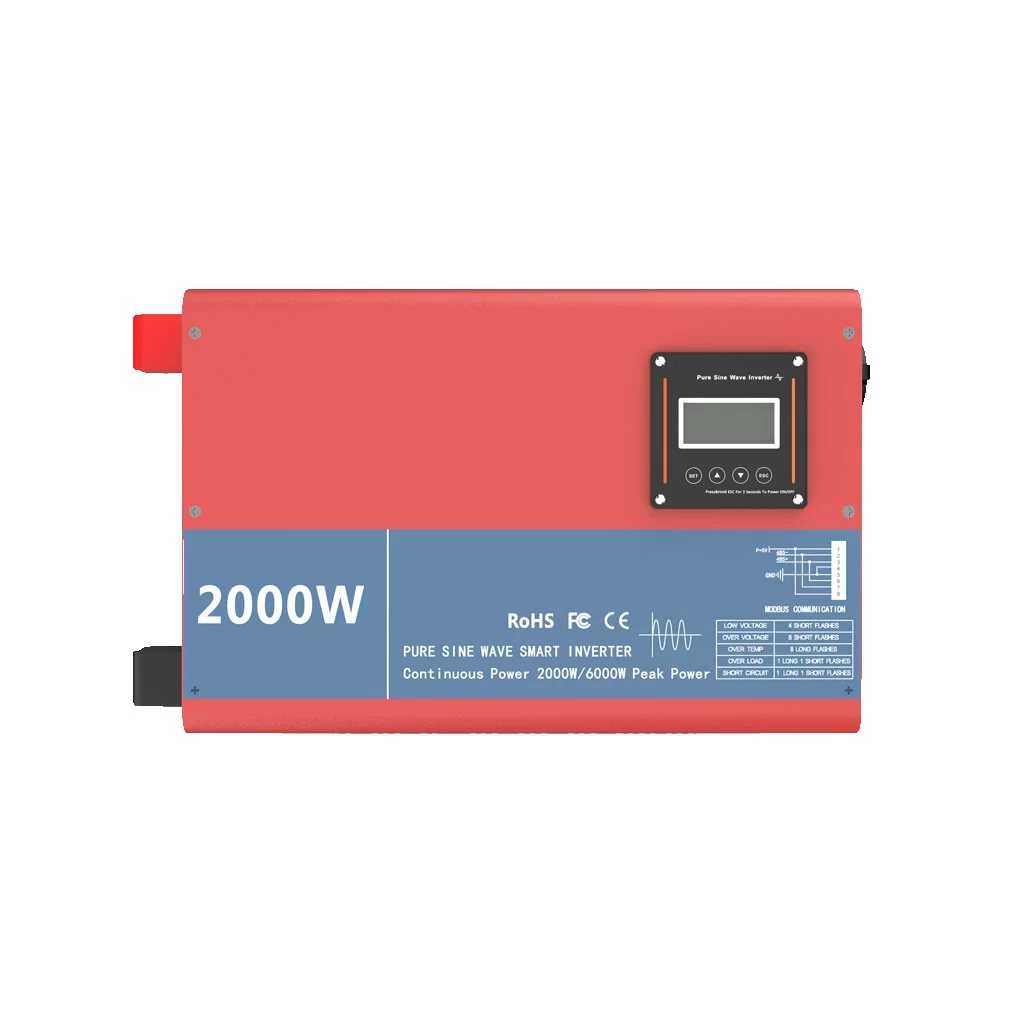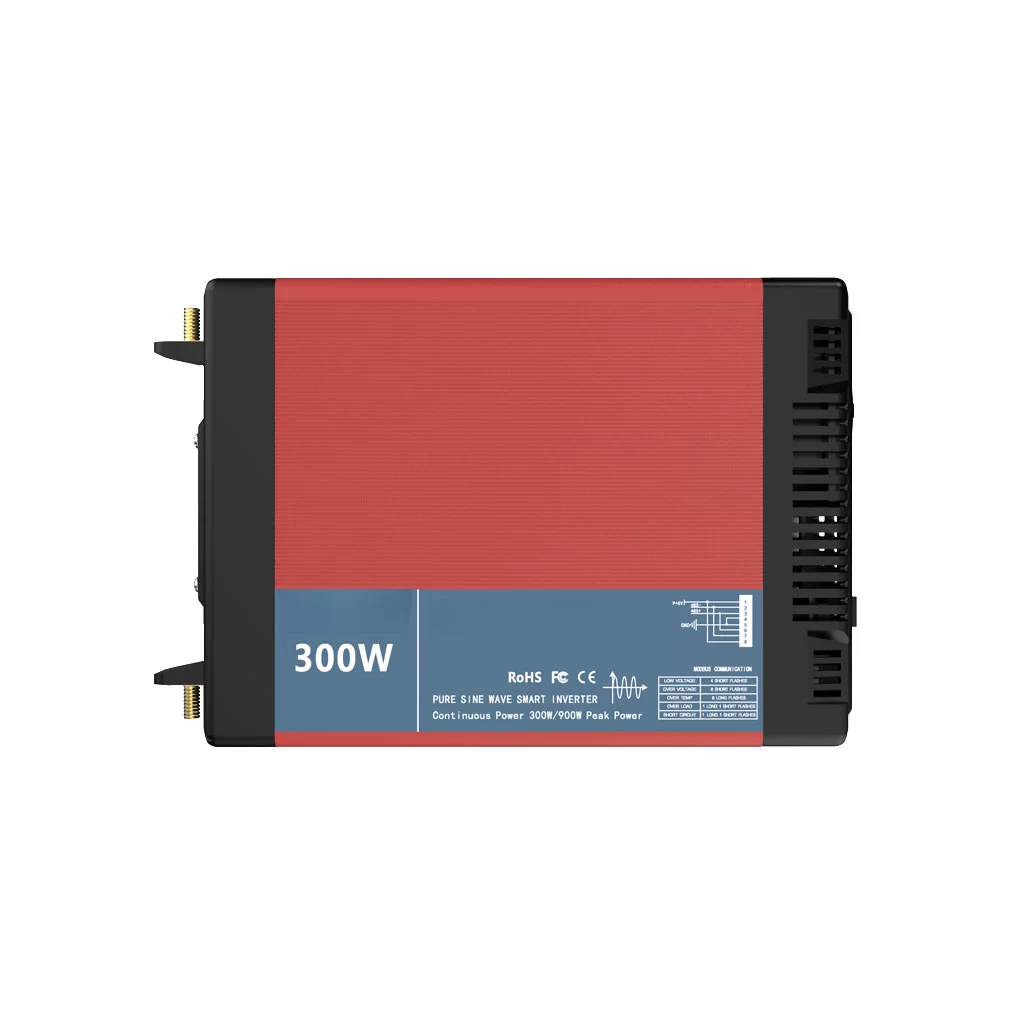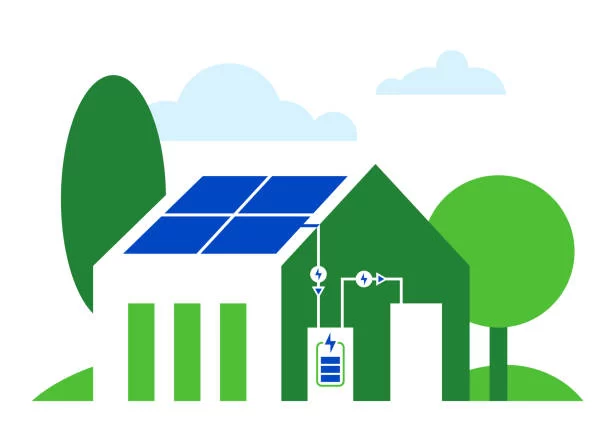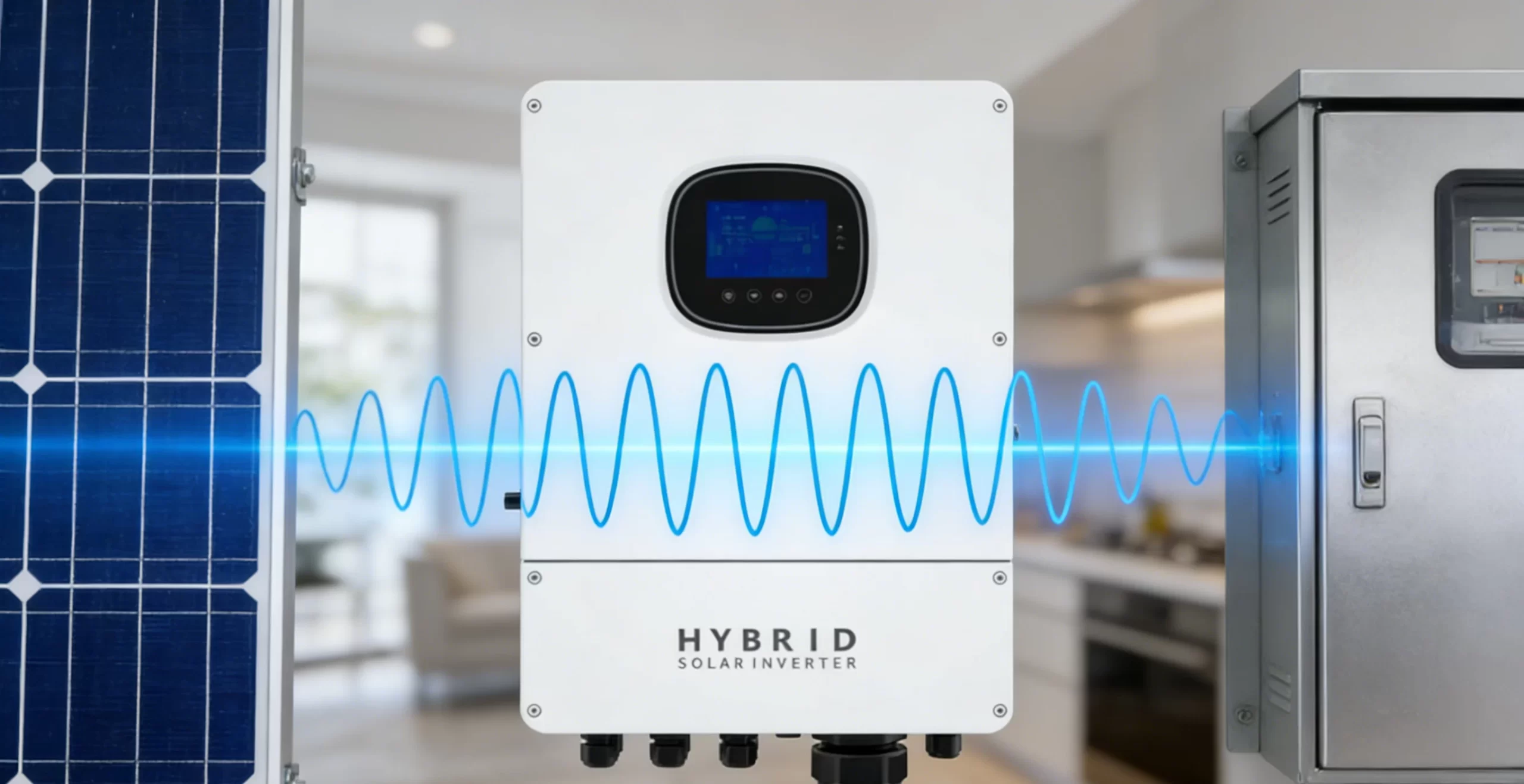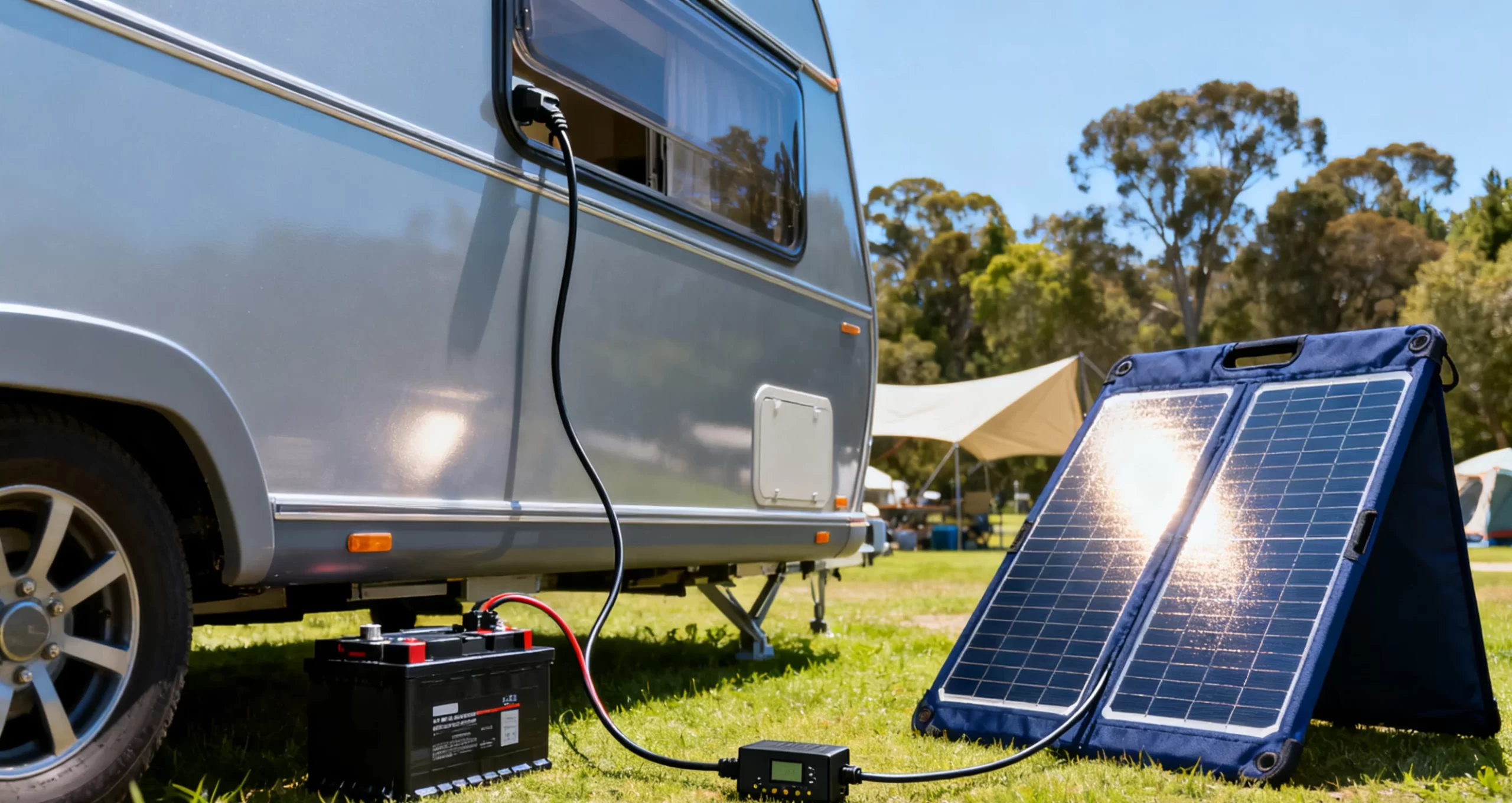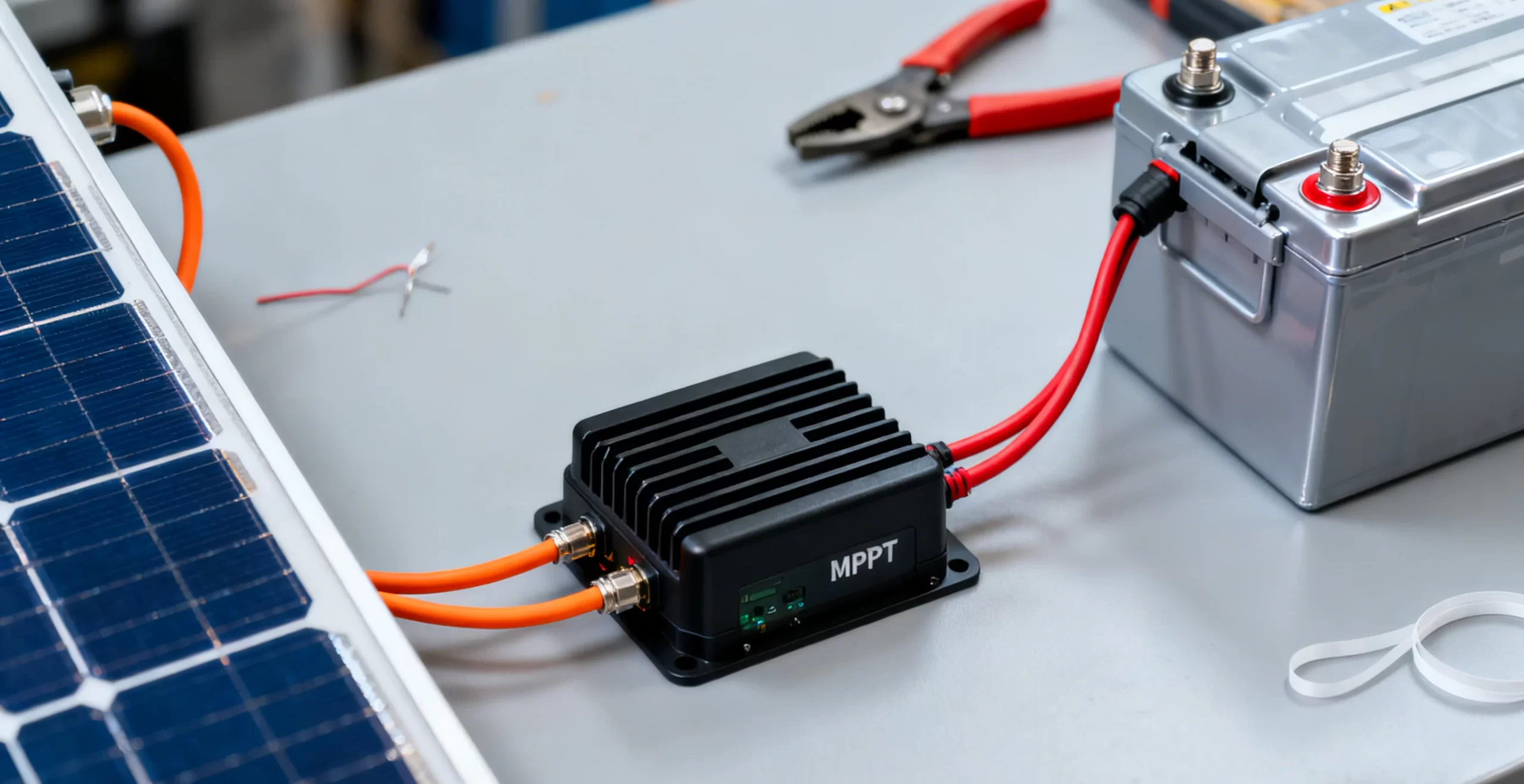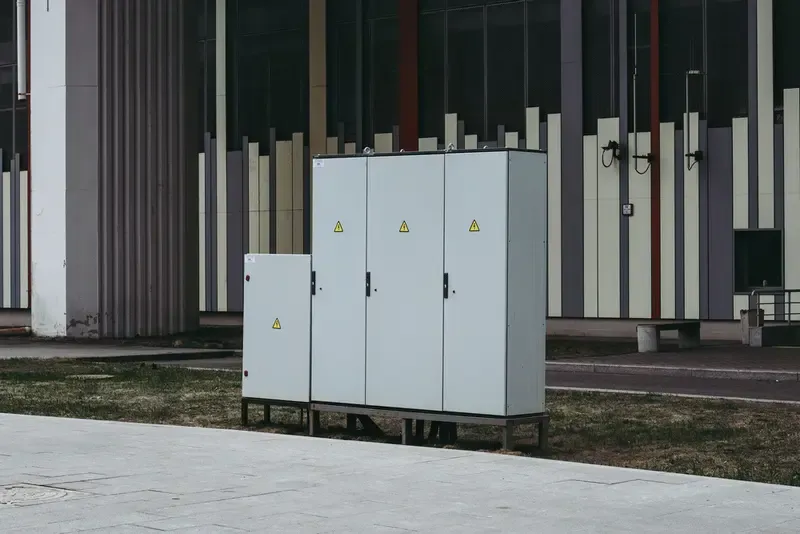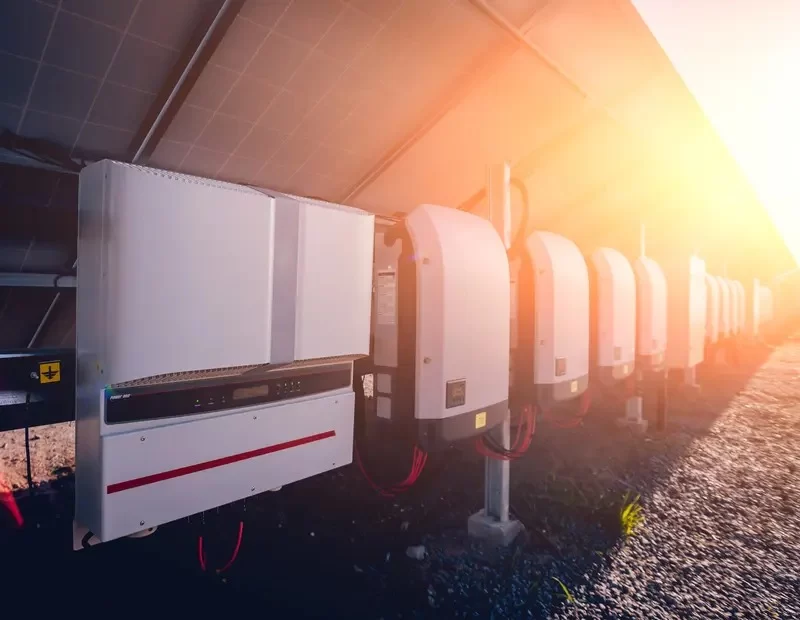- tel:+86-13651638099
- Email: [email protected]
- Official website: www.hj-net.com
- Address: 333 Fengcun Road, Fengxian District, Shanghai
Get A Quote Now!
Home Solar Systems for Residential Use
Home solar systems are increasingly popular as households seek sustainable and cost-effective energy solutions. These systems offer the potential to reduce electricity bills, minimize carbon footprints, and increase energy independence. Here’s an overview of residential solar systems, their components, benefits, and considerations.
Components of a Home Solar System
- Solar Panels:Solar panels, also known as photovoltaic (PV) modules, are the core component of a solar system. They convert sunlight into direct current (DC) electricity using semiconductor materials. Modern residential solar panels are designed to be efficient, durable, and aesthetically pleasing.
- Inverters:Inverters play a critical role in converting the DC electricity generated by solar panels into alternating current (AC) electricity, which is used by most household appliances. There are three main types of inverters used in residential systems:
- String Inverters:Suitable for homes with consistent sunlight exposure.
- Microinverters:Ideal for rooftops with shading issues, as they optimize each panel individually.
- Hybrid Inverters:Combine solar power with battery storage, offering greater flexibility and energy management.
- Batteries:Batteries store excess energy produced during the day for use at night or during power outages. Lithium-ion batteries are the most common type used in residential solar systems due to their efficiency, lifespan, and safety. For example, the Tesla Powerwall and LG Chem RESU are popular residential battery options.
- Mounting Systems:Mounting systems secure solar panels to rooftops or the ground. They are designed to withstand various weather conditions and ensure optimal panel orientation and angle for maximum sunlight exposure.
- Monitoring Systems:Monitoring systems allow homeowners to track the performance of their solar panels, inverters, and batteries. They provide real-time data on energy production, consumption, and system health, helping users optimize their energy use.
Benefits of Residential Solar Systems
- Cost Savings:Solar energy can significantly reduce electricity bills. By generating their own power, homeowners can decrease their reliance on grid electricity and avoid rising energy costs. Additionally, many regions offer incentives, tax credits, and rebates for solar installations, further reducing the initial investment.
- Environmental Impact:Solar power is a clean, renewable energy source that reduces greenhouse gas emissions and dependence on fossil fuels. By installing a solar system, homeowners contribute to environmental conservation and combat climate change.
- Energy Independence:Solar systems provide energy independence by allowing homeowners to generate and store their own electricity. This is particularly beneficial in areas prone to power outages or with unstable electricity grids.
- Increased Property Value:Homes equipped with solar systems often have higher property values. Buyers are attracted to the prospect of lower energy bills and sustainable living, making solar-equipped homes more marketable.
Considerations for Installing a Home Solar System
- Location and Roof Suitability:The efficiency of a solar system depends on the amount of sunlight the location receives. Roof orientation, angle, and shading must be assessed to ensure optimal energy production. A south-facing roof with minimal shading is ideal for solar installations in the northern hemisphere.
- System Size and Energy Needs:Determining the appropriate system size involves analyzing household energy consumption patterns. A solar installer can help design a system that meets the specific energy needs of the home.
- Installation Costs and Financing:The cost of installing a solar system can vary based on the size of the system, type of panels, and local labor costs. Various financing options, including solar loans, leases, and power purchase agreements (PPAs), can make solar more accessible to homeowners.
- Maintenance and Warranty:Solar systems require minimal maintenance, mainly periodic cleaning and inspection. It’s essential to choose systems with robust warranties to ensure long-term performance and protection against defects.
Conclusion
Home solar systems offer numerous benefits, including cost savings, environmental impact reduction, energy independence, and increased property value. By carefully considering location, energy needs, and financing options, homeowners can implement a solar solution that suits their lifestyle and contributes to a sustainable future.
For more information on choosing the right solar system for your home, visit our products page.

